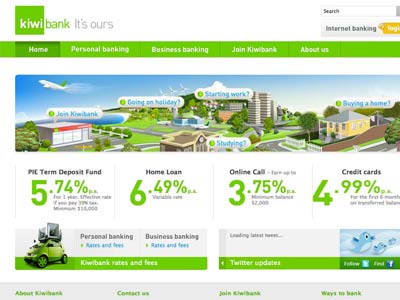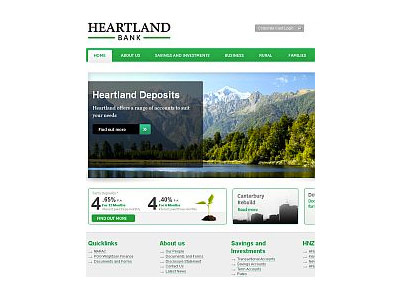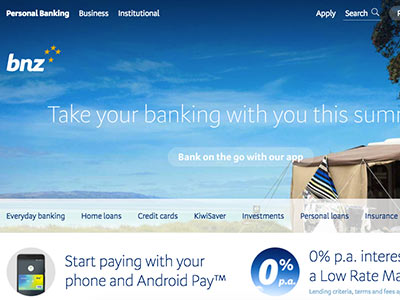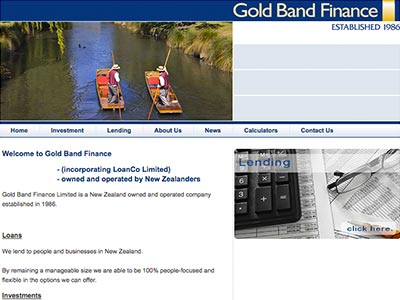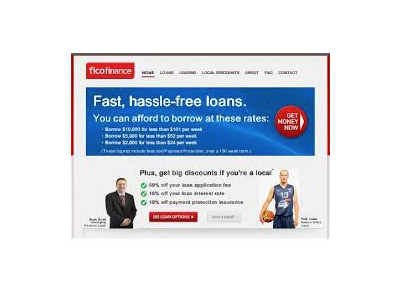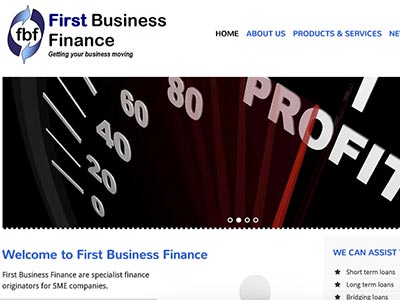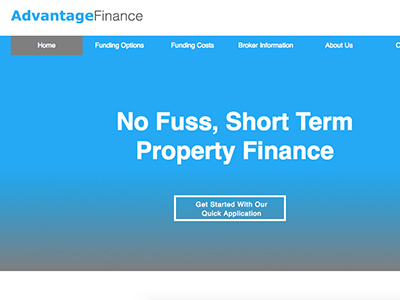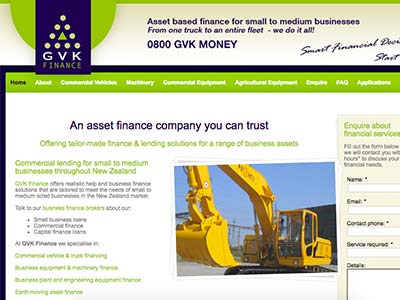Choose from a wide range of business finance solutions online
Business loans are interest bearing lines of credit or loans designed specifically for business purposes.
There are a variety of different business loans available on the NZ market from asset finance to unsecured loans and invoice financing.
One of the most critical aspects of business finance is the assessment phase where the lender will have to carefully consider the business's financial status and financial needs. An error during this assessment process can be quite devastating for both small and large businesses as a loan structure that does not match the cash flow and need of the particular business could result in financial devastation.
Loans for start-ups
Any business start-up hopeful will need some form of financing to get off the ground. The unfortunate reality is that the majority of lenders will only provide credit to companies who are already operating and have a stable track-record which can be scrutinized and relied on to provide the necessary information regarding the business' status.
A business loan provided to a start-up is generally referred to as a capital loan and although hard to get, are available from traditional banks, alternative business finance specialists, peer-to-peer lenders and online lenders. In New Zealand there are also many grants, angel investor companies and start-up incubation programs that can also provide you with the start-up capital that you need in one form or another.
Secured vs unsecured business loans
Most lenders will require some form of security in order to approve a business loan and this security can be anything from a warehouse or other commercial property, business assets such as equipment, machinery, vehicles and stock, invoices or a personal guarantee provided by all directors or business owners.
Secured business loans are typically the norm since it reduces the risk to the lenders and allows the borrower to access better rates as well as larger loan amounts however, there are unsecured business loans available for small businesses or for businesses that simply require a little bit of working capital to pay staff, buy stock or just keep things going during a difficult time. Unsecured loans will carry a bigger interest rate than a secured loan and will, as mentioned only offer you a relatively small amount of money to work with.
Understanding asset finance
Asset finance refers to a loan taken out based on a company's balance sheet assets. These include things such as any investments, properties, accounts receivable, equipment and stock.
Asset financing is typically used by companies that need a short term cash injection or working capital. Asset financing is very similar to what is known as asset based financing but differs in that asset based financing uses the very property or vehicle being purchased as security.
Asset financing is typically used when a business does not have a sufficient track record or lacks the credit history to secure another form of financing. The products that may fall under asset financing include term loans, revolving lines of credit, finance leases and operating leases, however, these may also fall into the commercial loan category.
Putting a business loan to work
Business loans in whichever form they may appear can be used to achieve or do the following:
- To fund the start-up of a business
- To expand a business
- To refurbish business premises
- To purchase furniture and office supplies
- To lease or purchase business premises
- To lease or purchase equipment and/or machinery
- To purchase commercial property
- For investment purposes
- For utilization as a cash flow boost
- To keep a business running funding an off-peak season
- To purchase stock
- To pay staff
Comparing business loans
Comparing business loans is certainly more of a challenge than comparing, for instance home loans and other forms of credit. This is merely because business loans encompass such a wide variety of form and each lender will likely have their own business loan product structure that will rarely resemble another.
In addition the eligibility requirements and supporting documentation that is required is much more extensive than for any other type of finance - making it hard for a loan comparison website to accurately compare the products.
Generally speaking, existing businesses stand the best chance of obtaining credit from their bank since they have already established a relationship with them and will not need to provide as much information while also having an existing history that can be considered.
Alternatives to business loans
Prior to considering a business loan you may want to find out if you qualify for a government grant or loan which will offer you the lowest rate and the best value. Depending on your chosen industry and business you may be able to access government funding and will allow you to take care of business.
An ideal alternative to a business loan and, particularly an unsecured loan, is to access an overdraft facility from the business' bank. An overdraft facility is an ideal solution to help you deal with cash flow irregularities and shortages when necessary and may certainly prove to be more affordable than an unsecured business loan.
You may have to provide security to secure the overdraft but, since you will be able to access the cash immediately should you need a quick loan or face an unexpected emergency this alternative is very convenient for most small businesses.
In addition to this, personal loans that can be approved for a single individual based on his or her own credit can provide an alternative to a typical loan and will more than likely offer a much more affordable interest rate and a more lenient repayment term.
Opting for a personal loan may be risky but, for many it provides a range of benefits that go beyond that offered by a business loan and are much easier to qualify for. It may be important to note that if you do not qualify for a traditional business loan you may be tempted to apply for a low doc loan and, although you will very likely be approved, the sheer cost of the loan may prove to be too much for your business to manage.


